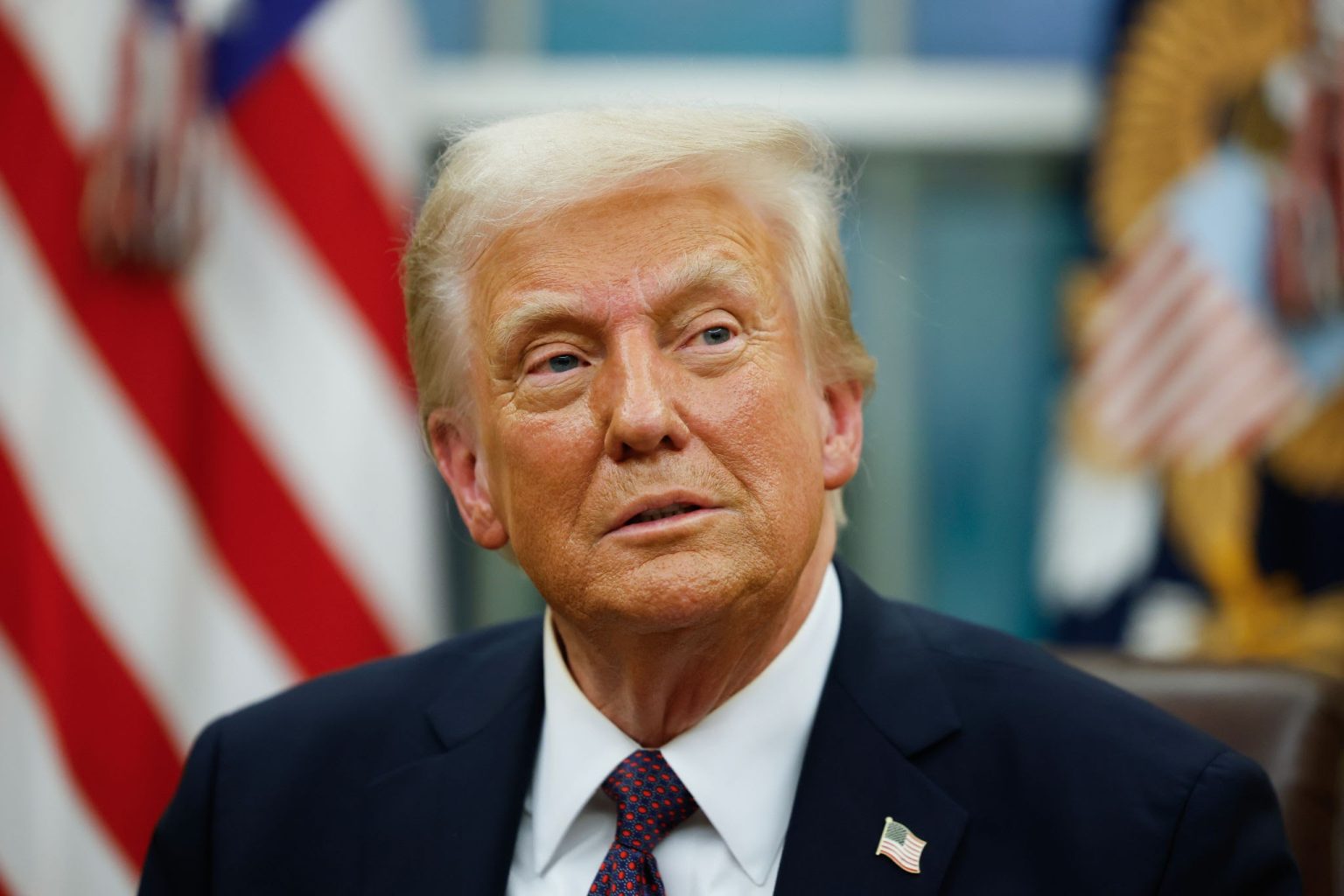In a move that has reignited global health concerns, President Donald Trump has signed an executive order to withdraw the United States from the World Health Organization (WHO), accusing the agency of mishandling the COVID-19 pandemic, lacking necessary reforms, and failing to remain independent.
The executive order, signed on January 20th, marks the second time Mr. Trump has attempted to sever U.S. ties with the United Nations health body. His first effort, made in July 2020, was reversed by then-President Joe Biden in January 2021. Now, questions arise as to whether this new notification resumes the original withdrawal timeline—potentially taking effect in just six months—or restarts the full 12-month exit process required by the UN.
Legal and Institutional Pushback
Legal challenges are anticipated. Lawrence Gostin, a professor of global-health law at Georgetown University, has suggested that withdrawal may require Congressional approval, as Congress was responsible for the original decision to join the WHO.
Since its founding in 1948, the U.S. has played a pivotal role in the WHO, both financially and institutionally. While it contributes over $1.3 billion annually, most of these funds are directed toward specific programs such as polio eradication and emergency health responses. The U.S.’s official 2025 membership fee is just $218 million—a small sum compared to its $1.7 trillion national health budget.
Beyond funding, the WHO maintains close ties with U.S. agencies like the Centers for Disease Control and Prevention (CDC), the Food and Drug Administration (FDA), and the National Institutes of Health (NIH). WHO insiders say it’s the loss of this collaboration—not the money—that would hurt the most.
President Trump has long criticized the WHO’s handling of the early pandemic, claiming it was slow to declare a global emergency. An independent review partially supports this view but also noted global failures in February 2020, including those by the U.S., where Trump’s own administration was faulted for minimizing the threat and promoting unproven treatments such as hydroxychloroquine, linked to 87 deaths.
A Political Bargaining Chip?
Some observers speculate that the executive order might be a negotiation tactic. In 2020, the U.S. reportedly requested concessions from WHO leadership to avoid leaving. At that time, Director-General Tedros Ghebreyesus declined to comply. Whether similar backroom talks are happening now remains uncertain.
What is clear is that a U.S. withdrawal would significantly weaken global health cooperation. It would limit America’s access to critical health data used to guide vaccine development and pandemic preparedness, while also opening the door for China to expand its influence in international health governance.
Experts warn that this decision could not only diminish America’s leadership on the world stage but also jeopardize its own public health. As new viruses and global health threats emerge, international coordination becomes ever more crucial.
Whether this is the beginning of a firm separation or a strategic bluff, the stakes are high—not just for the WHO, but for the health of billions.



